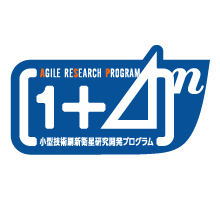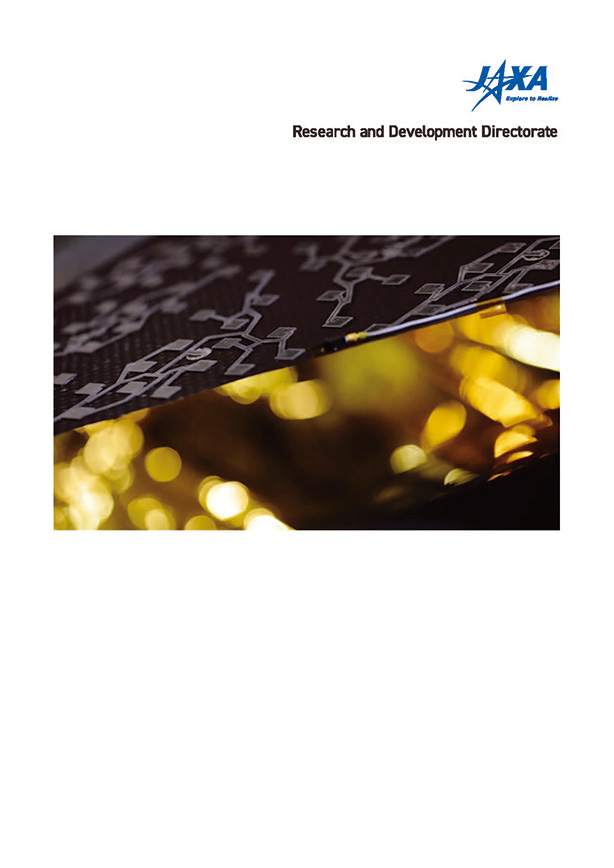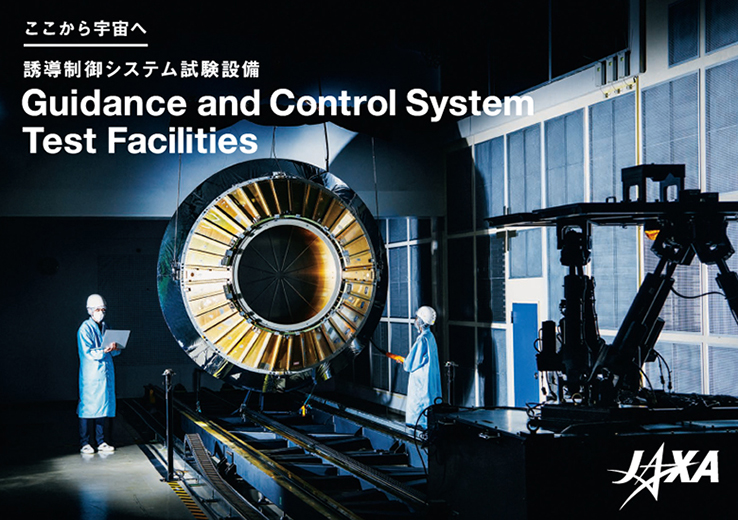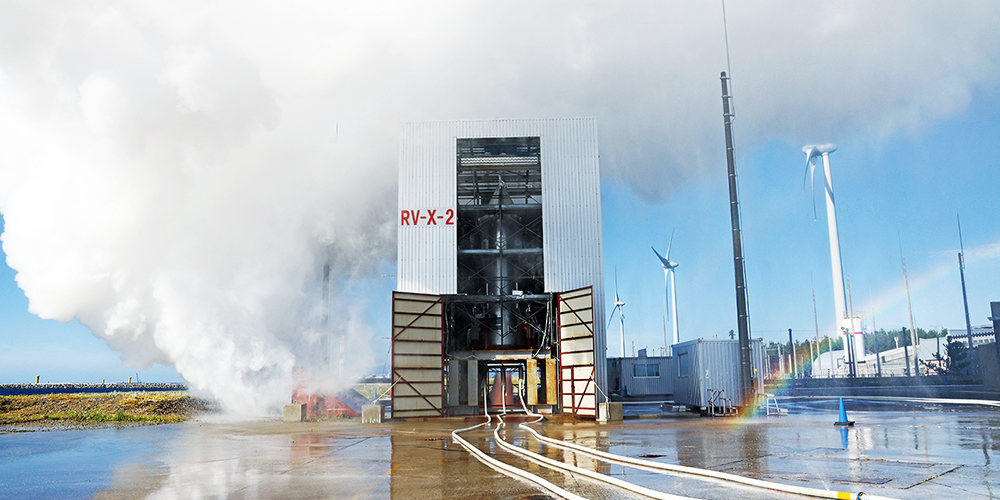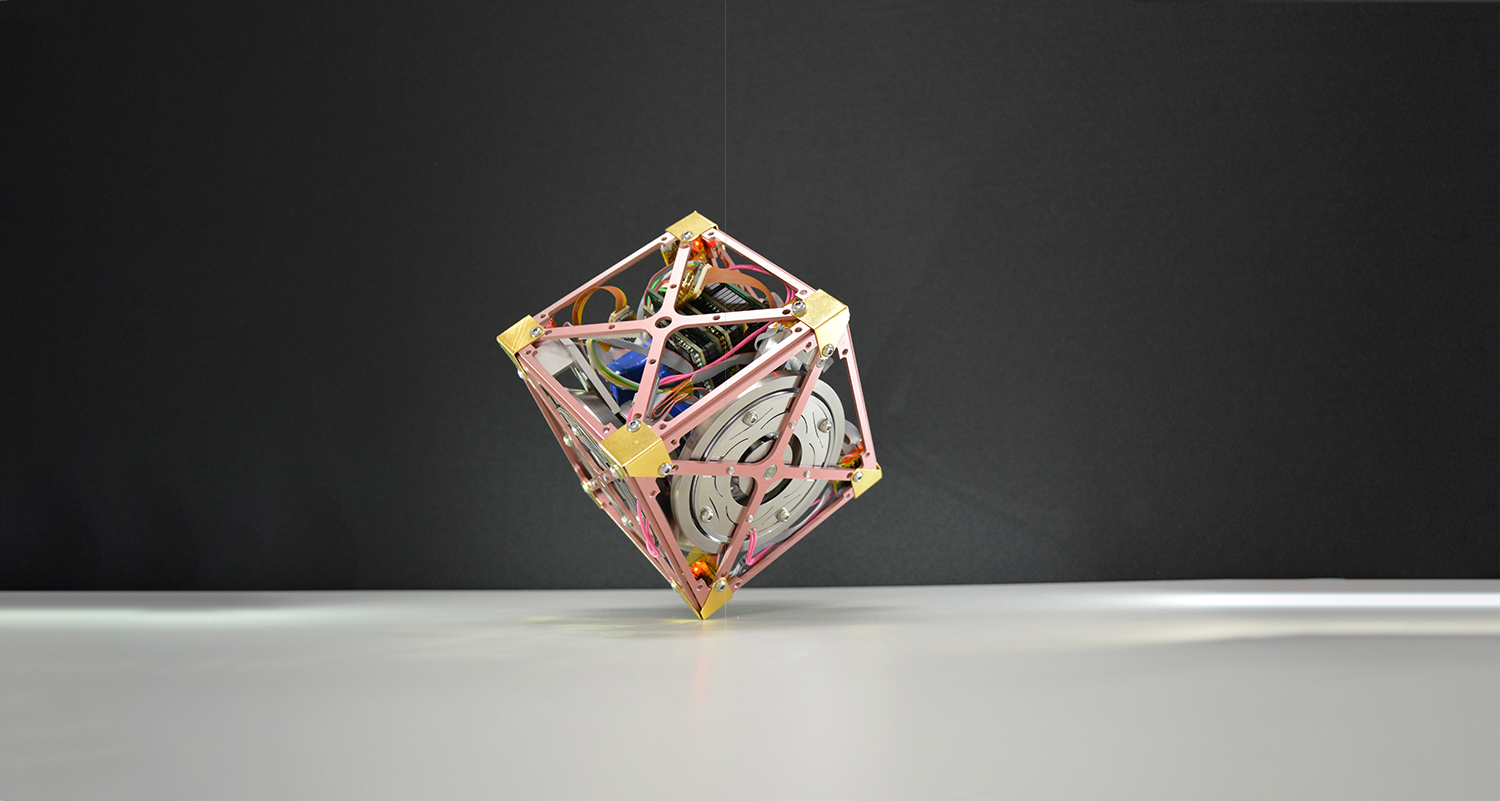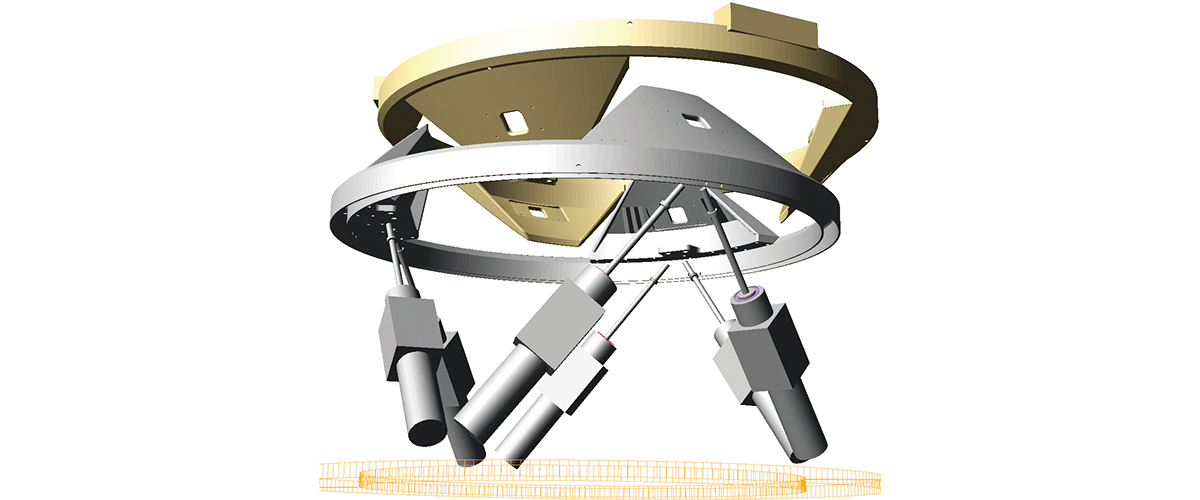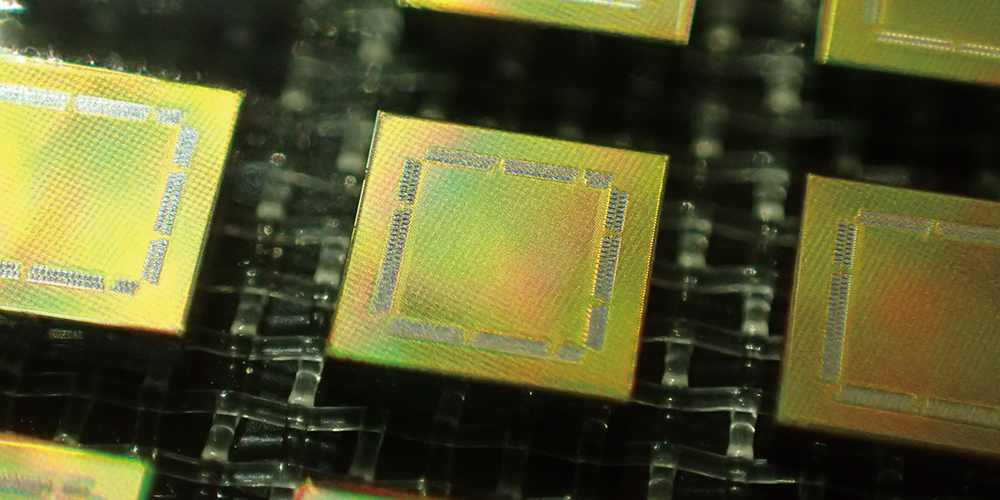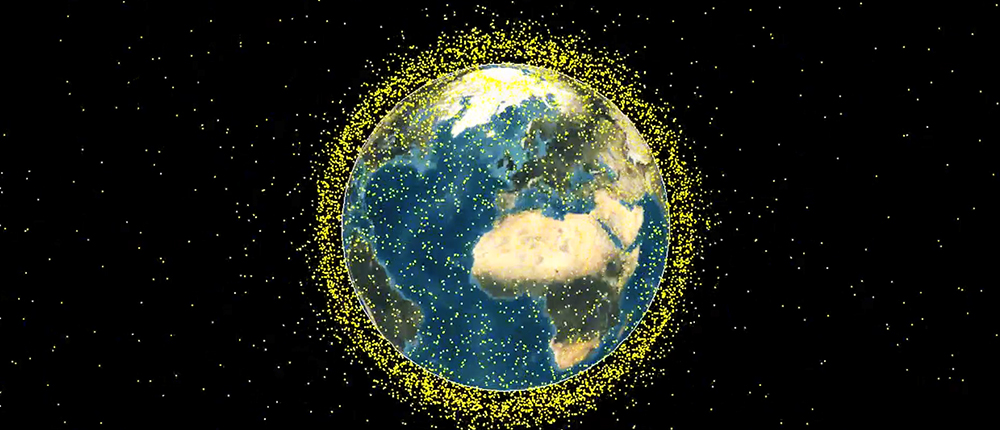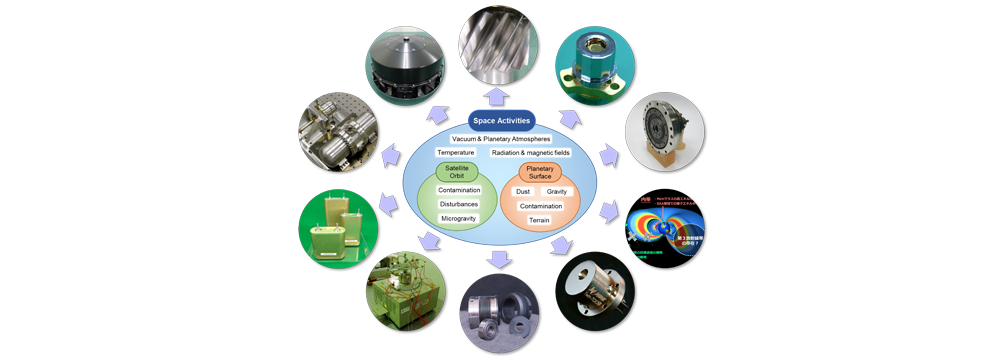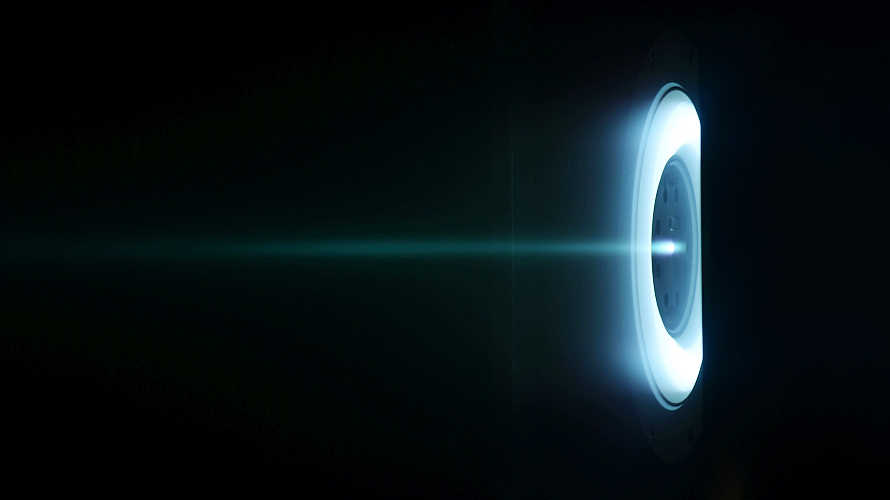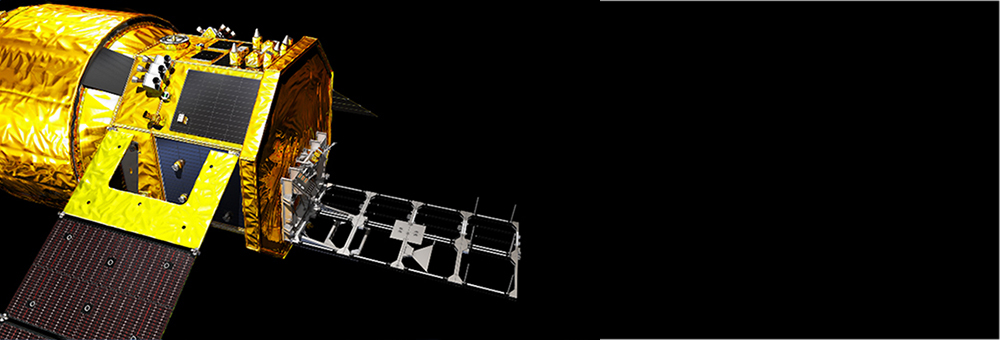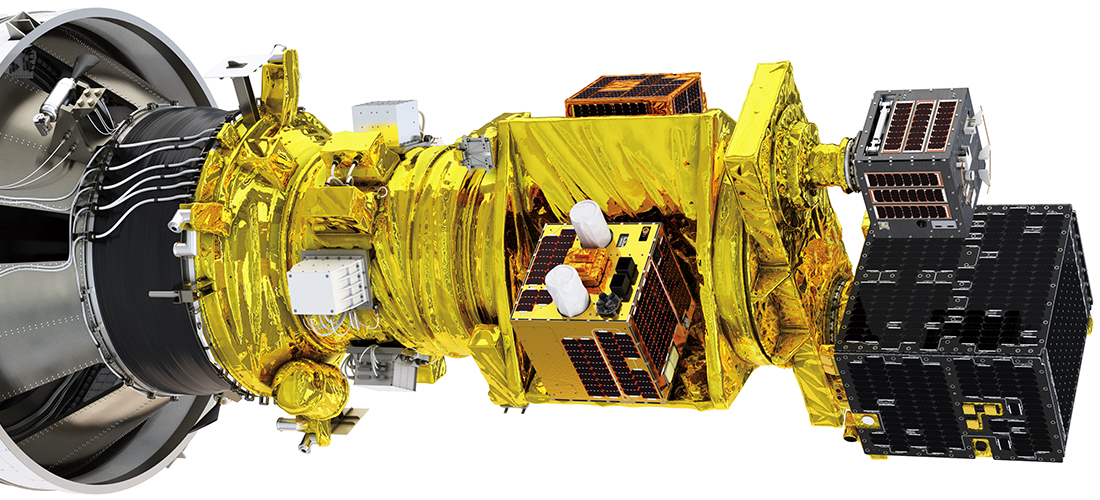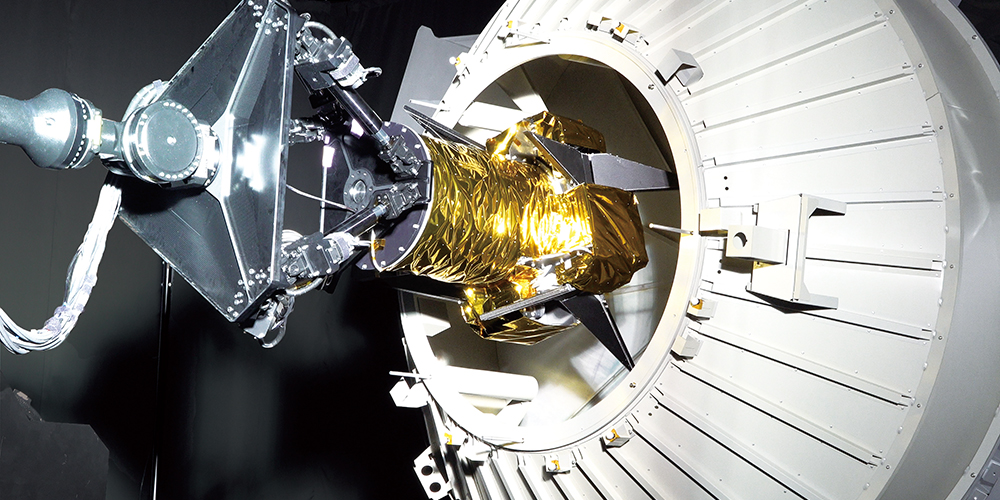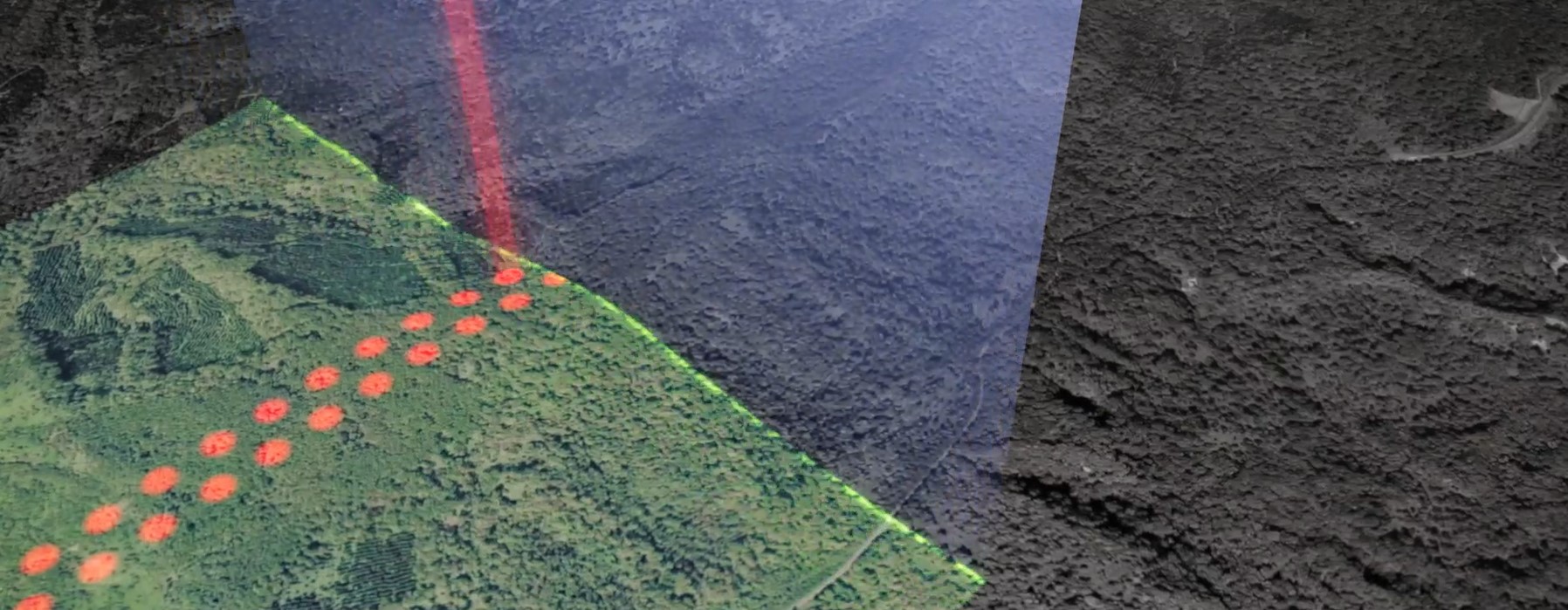This site uses cookies to analyze visitor usage and improve usability.
For more information, please review ourcookie policyin our Terms of Use.
Please select “Agree” to continue browsing the site.
Research
Leading Research
― Creating "Future" ―
We promote leading research and development towards realization of advanced aerospace missions and systems that create new value; i.e.
we create future from aerospace.
we create future from aerospace.
Research for Secure Development
and Success of Missions
and Success of Missions
― Connecting "now" to "Future" ―
We also support resolving challenges that the aerospace industry and projects face now using our expertise.
Project etc.
― Toward "Space" ―
We are also working on space demonstrations with new "ideas" and "technologies”.
Leading Research
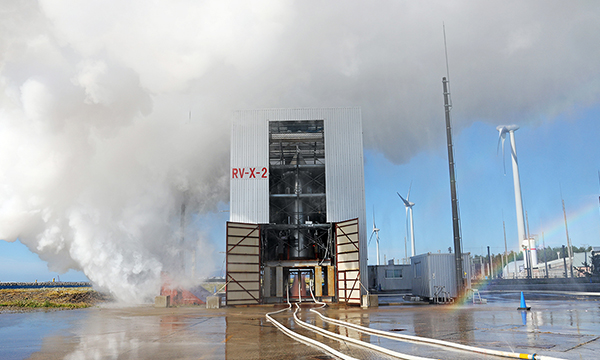
Reduction in launch costs through the reuse of launch vehicles
Currently, we are conducting research towards the reuse of Japan's flagship launch vehicles in future using Reusable Vehicle eXperiment (RV-X) as part of front-loading research activities for Cooperative Action Leading to Launcher Innovation for Stage Toss-back Operation (CALLISTO), which is being jointly researched by JAXA, CNES and DLR.
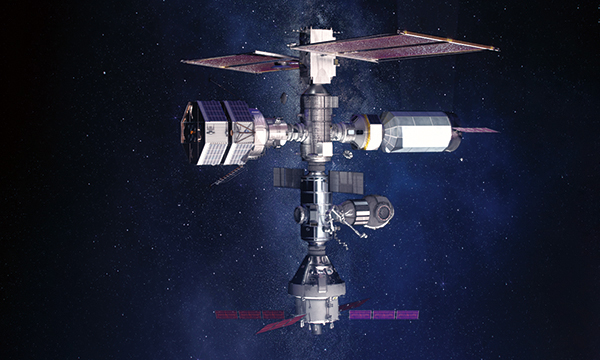
Research on space exploration for the Artemis Program
JAXA is promoting research and development of technologies that can leverage Japan's strengths and contribute to international space exploration, in line with the research goals and technology roadmap organized in the "Overall Scenario for Japanese Space Exploration (Draft)" prepared by JAXA's International Space Exploration Center.
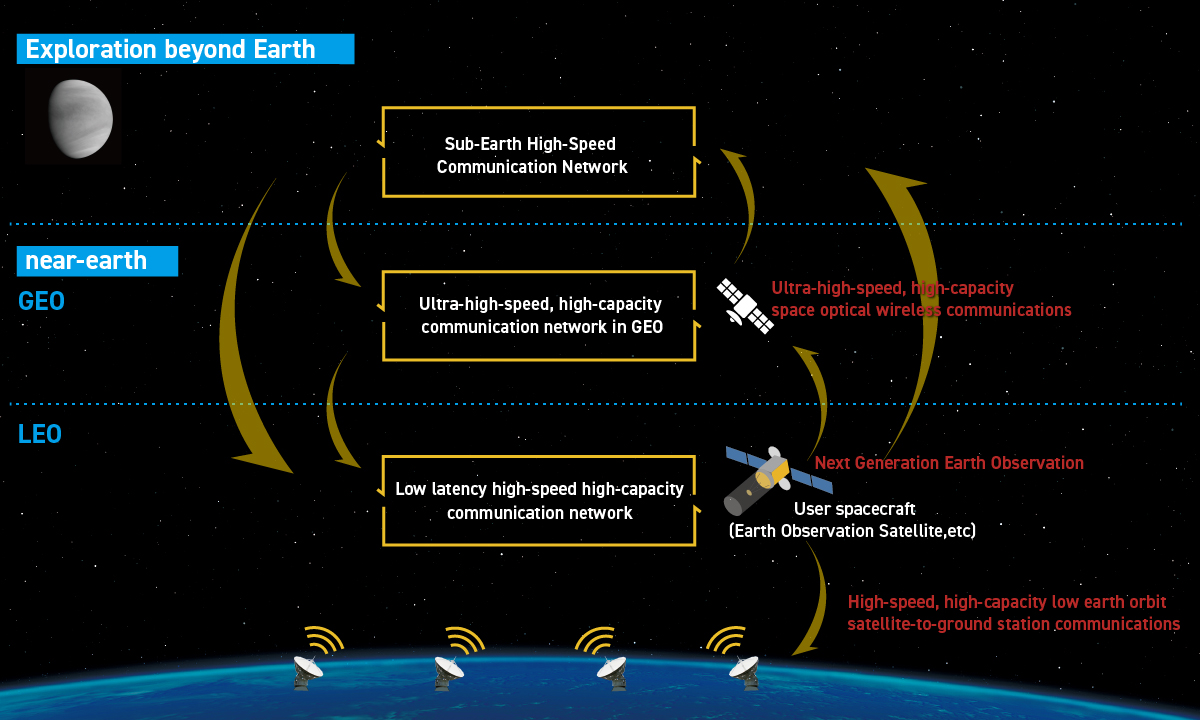
Seamless and Autonomous Space Communication System for Society 5.0
In this research, for the purpose of achieving a seamless and autonomous space communication system, we conduct over a wide range of device-level to system-level studies.
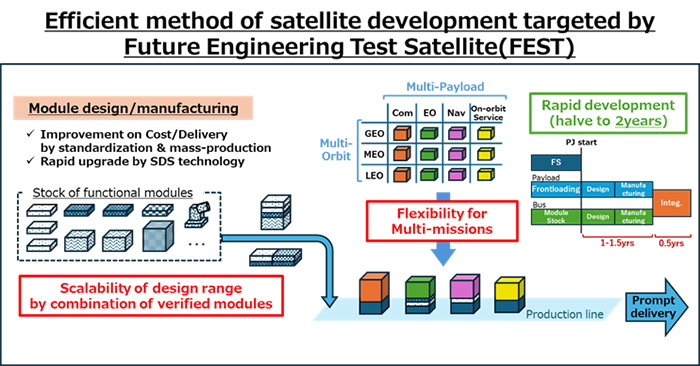
Research on the future engineering test satellite that will drive the digital revolution
In this research, we aim to apply these high-potential digital technologies to the entire life cycle of a satellite system, from development to operation.
Also, we are studying the application of these technologies to the functional design of systems to realize functions that can be flexibly modified according to the application and more complex functions.
Also, we are studying the application of these technologies to the functional design of systems to realize functions that can be flexibly modified according to the application and more complex functions.

Inter-disciplinary technology for increasing competitiveness and providing innovation in spacecraft that will create new fields of space use
Aiming to increase the international competitiveness of spacecraft, we are conducting cross-cutting research on innovative themes that lead to technological innovation.
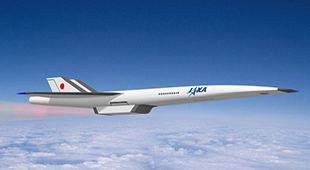
Research on technology for applying hydrogen fuel to aircraft and future space transportation systems
We are developing the technology to apply hydrogen fuel to aircraft and space transportation systems in a carbon-neutral society. We are investigating a hydrogen aircraft that does not emit carbon dioxide, hydrogen-fueled air-breathing engines, a winged space transportation system with air-breathing engines and so on.
Research for Secure Development
and Success of Missions

Research on software, computational engineering, and V&V technology for space systems
The objective of this research is to establish the systems engineering which balances mission success with reduction of development costs, by researching, development and utilization of the world's top-level information technology and computational engineering.
This will make possible a space mission that currently seems infeasible in terms of development costs and lead time.
This will make possible a space mission that currently seems infeasible in terms of development costs and lead time.

Research on transportation technology
This project will research and develop basic technologies such as Liquefied Natural Gas (LNG) engines and thermal protection technologies to quickly acquire the bottleneck technologies essential to realize an innovative space transportation system.

Research on the technology of space systems
We will study various concepts of the space system, together with scientific expertise and technological capabilities in cooperation with internal and external bodies. Based on this study, we will propose a project that can pave the way to technologies that enhance Japan's competitiveness, provide solutions to societal challenges, and enable strategies to secure industrial growth in the decades to come.
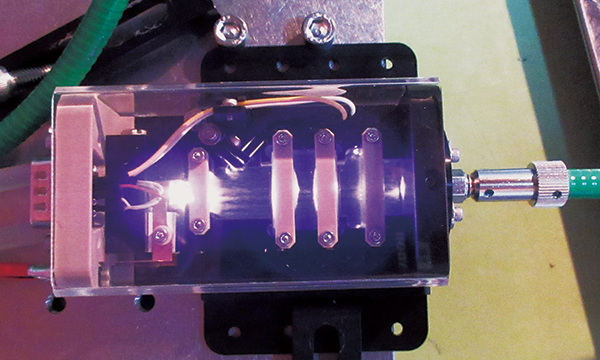
Research on Earth observation sensor system
Utilizing comprehensive design engineering JAXA has acquired and accumulated for a sensor system, we have been researching key technologies and sensor systems expected to be required in the next decade or two. We have also been working with internal and external organizations to devise space missions that can fully benefit from the remote sensors to be developed in the future.

Research on space-qualified parts
We have been researching and developing space-qualified parts essential to satellite development with two objectives: maintaining independent space programs and placing Japan's future satellites in a more competitive position.
Our scientists work to identify promising domestic technologies and focus our resources on the development of parts that we expect to provide innovative, effective solutions for future satellite systems. We intend to better translate our research into practical outcomes at the earliest stage possible.
Our scientists work to identify promising domestic technologies and focus our resources on the development of parts that we expect to provide innovative, effective solutions for future satellite systems. We intend to better translate our research into practical outcomes at the earliest stage possible.

Ensuring the safety of space missions now and in the future
To ensure the safety of space activities and promote sustainable space development in the future, JAXA is strengthening its cooperation with the government, as well as with internal and external related organizations, and is engaged in research and development of space debris.
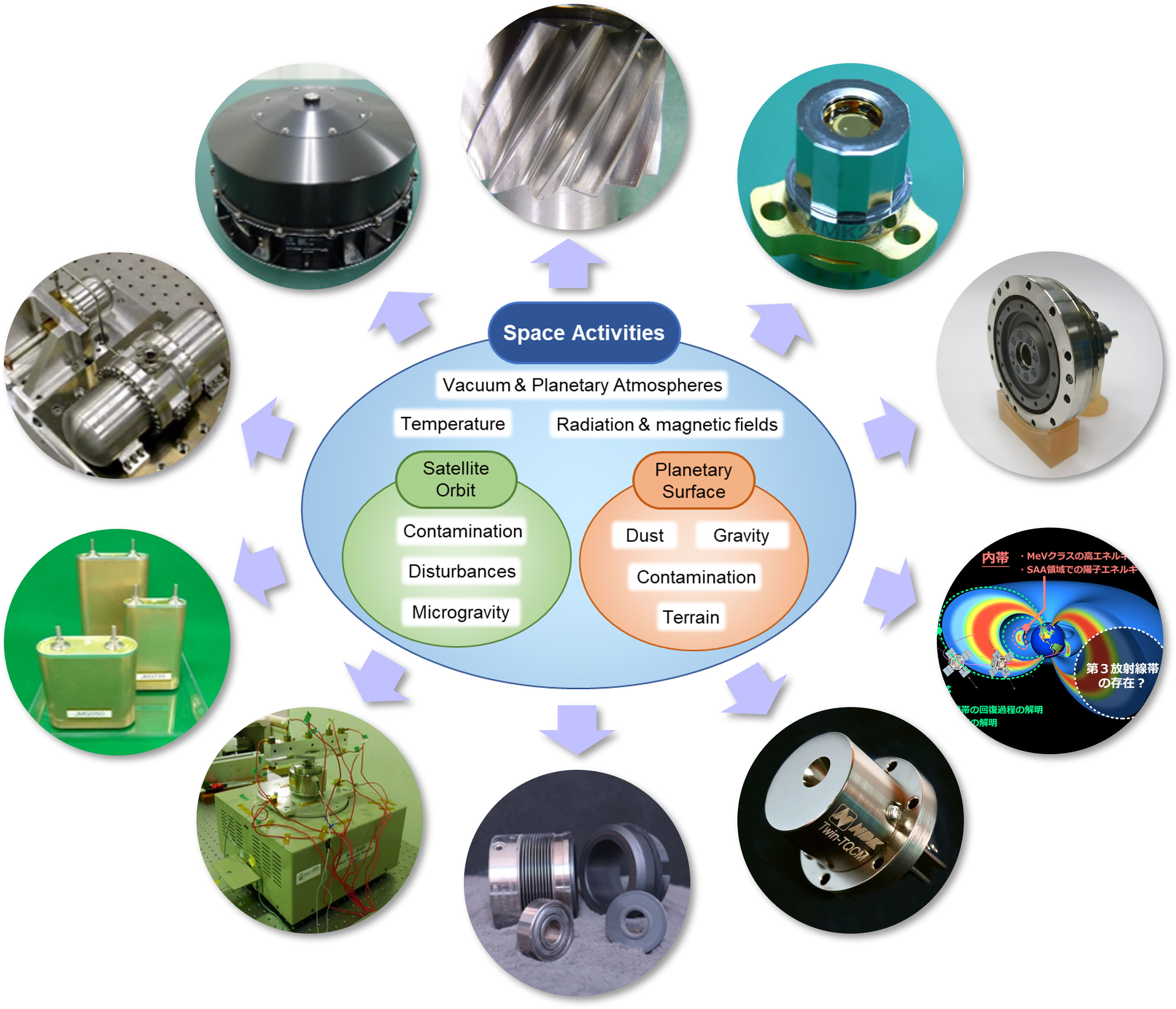
Advancement of basic technologies on mechanisms and materials for expanding space activities
To enable more flexible, extensive, and long-term space activities, we aim to establish technologies for accurately measuring and predicting the space environment, as well as basic technologies on materials, mechanisms, and structures that can apply to severe environments and commonly used equipment, such as batteries and attitude control actuators.

Research to Improve Competitiveness of Hall Thrusters
Our research aims to enhance Japan's industrial competitiveness through electric propulsion technology, and the following three themes are the pillars of our current activities.
① 6 kW Hall Thruster, ② 1 kW Hall Thruster, ③ Innovation on Electric Propulsion
① 6 kW Hall Thruster, ② 1 kW Hall Thruster, ③ Innovation on Electric Propulsion
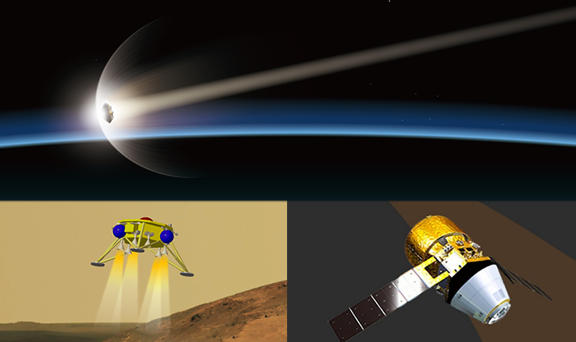
Research on Atmospheric Entry-Descent-Landing and Recovery (EDL&R) Technologies
The purpose of this research is to support the projects currently under development in terms of technologies by organizing a cross-sectoral research team to share knowledge and to provide problem-solving schemes for issues related to the atmospheric entry systems and the take-off and landing systems for lunar and planetary exploration.
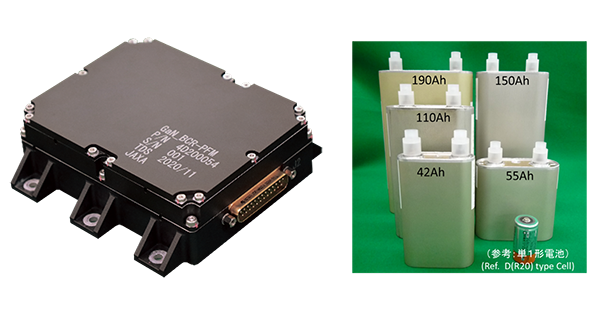
Power management that evolves space systems
In addition to the development of power system components, this research aims to establish power management technology that considers the energy cycle of the entire system, including thermal control, to achieve highly efficient power operation on orbit.
Project etc.

Innovative satellite technology demonstration program
This program is part of the basic plan for space policy to realize a comprehensive industrial base in outer space to provide opportunities to demonstrate equipment, parts, microsatellites and CubeSats developed by private companies, universities, research institutions, etc.
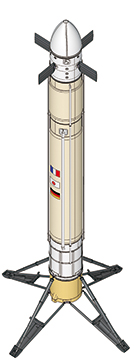
Cooperative Action Leading to Launcher Innovation for Stage Toss-back Operation (CALLISTO) project
We are engaged with research that aims to reuse the first stages of launch vehicles that previously have been disposable, as a method for securing further low costs and international competitiveness towards the realization of next generation of H3 launch vehicle.
While taking initiatives in technologies in which Japan has unique superiority, we also plan to proceed with efficient flight tests, based on international cooperation with French and German space agencies.
While taking initiatives in technologies in which Japan has unique superiority, we also plan to proceed with efficient flight tests, based on international cooperation with French and German space agencies.
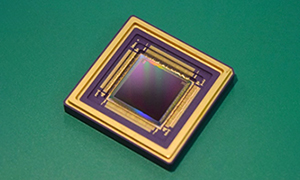
Development of SOI-SOC MPU
JAXA are developing SOI-SOC MPU as the high-functionality/high-performance next-generation MPU, which adopts the SOI(Silicon on Insulator)semiconductor manufacturing technology and the SOC (System on Chip) design technology. Since the SOI technology is fundamentally superior in radiation tolerance and the SOC technology can load multiple functions on a single chip, SOI-SOC MPU will contribute to diverse and sophisticated space missions.
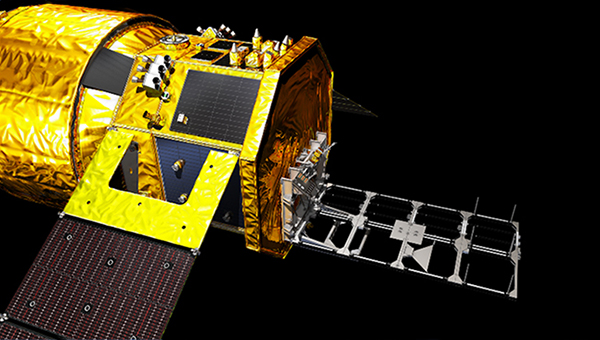
Research on the Space Solar Power Systems (SSPS)
To develop the SSPS, we have been researching technologies for wireless power transmission by microwave/laser, and the assembly of large-scale structures. In addition, we have studied the SSPS comprehensively, including strategic approaches to research and development.

Commercial Removal of Debris Demonstration (CRD2)
Commercial removal of debris demonstration (CRD2) is the world's first technology demonstration of removing large-scale debris from orbit. This project is launched in collaboration with private sector, aiming to commercialize space debris removal and develop new markets for private business.

MOLI Multi-footprint Observation LIDAR and Imager mission
Since this technology enables observation of vertical distribution, which cannot be observed by ordinary cameras, it is expected to contribute to the understanding of the amount (volume) of forests and the creation of high-precision 3D maps by accurately observing the height of forests and the height of the ground.

Agile Research Program for Advanced Technology in Satellite Service and Process
This program aims to realize disruptive satellite technology to enhance Japanese space industry capability. In order to achieve our goals, we utilize micro and small satellites as technology demonstration platform, and employs agile process to keep up with rapid technology advancement.
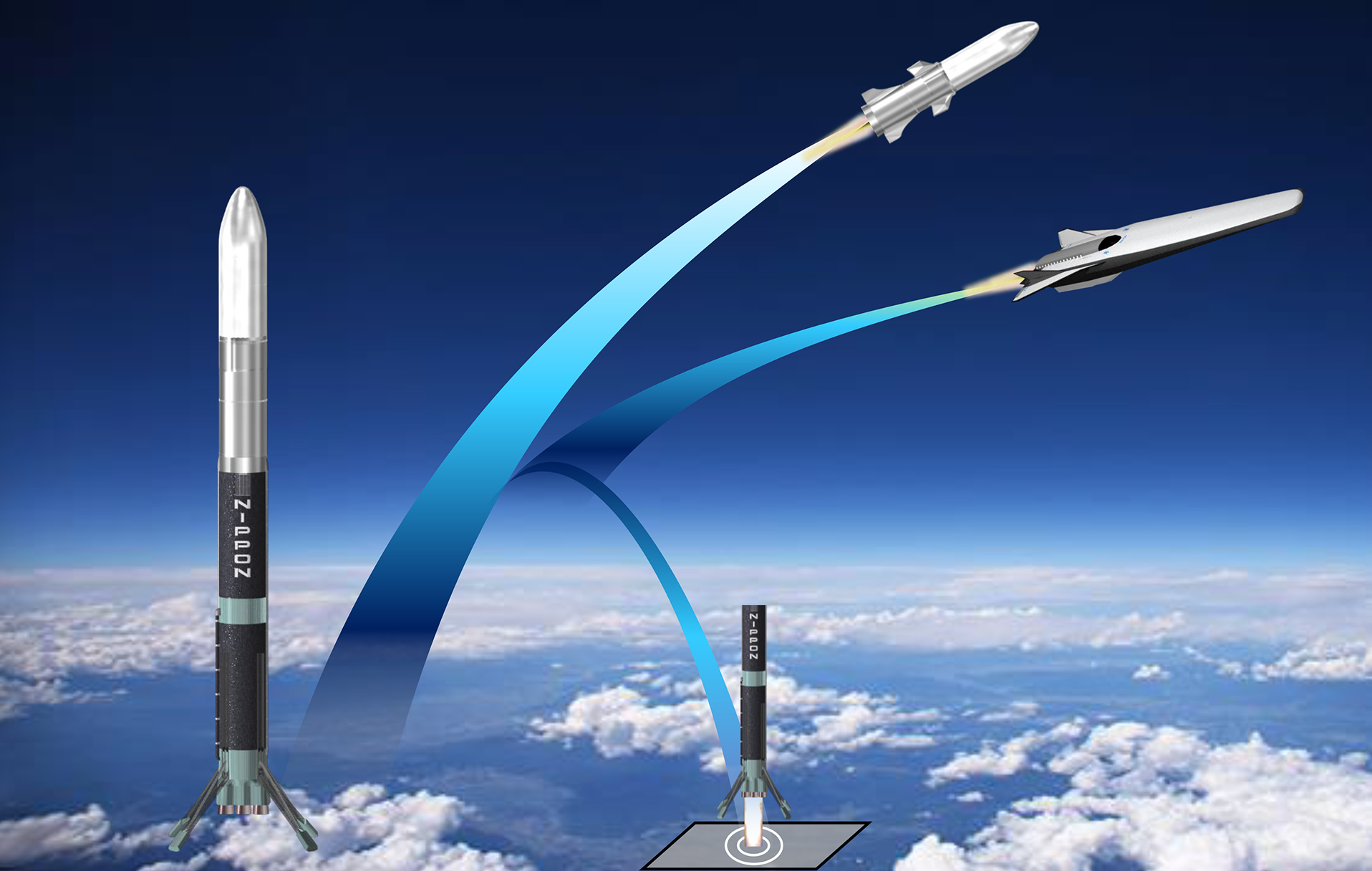
Innovative Space Transportation Programs
We will promote the realization of a "Core Launch Vehicle Development Space Transportation System" aiming at significant cost reduction and a "High Frequency Outbound Flight Space Transportation System" led by the private sector, based on the "Innovative Space Transportation Roadmap" established by the Ministry of Education, Culture, Sports, Science and Technology (MEXT).
Past Research
Past Research



